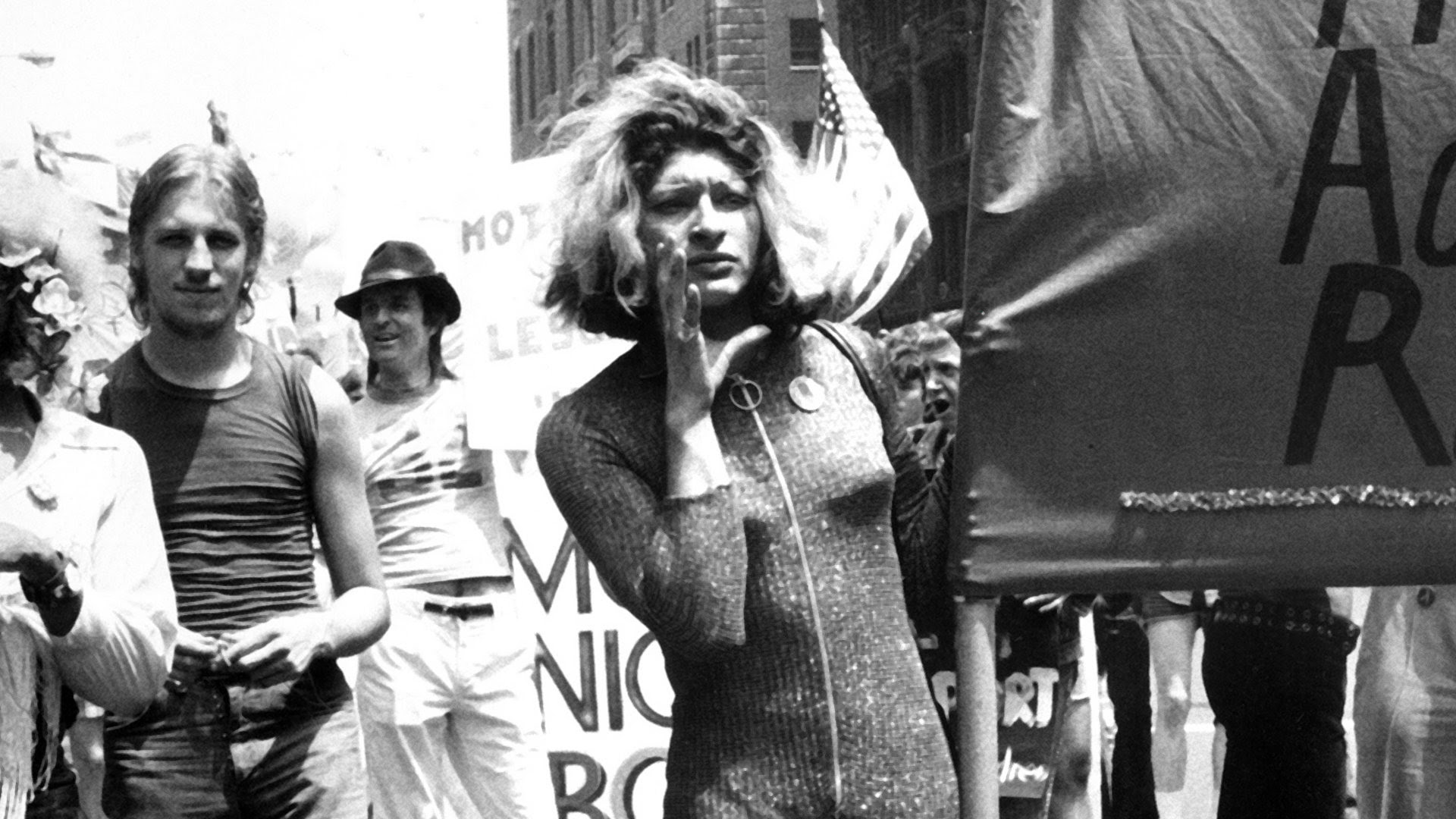
The End of Transition
Billie Cashmore
2 July 2023
2 July 2023
I. We must state, at first, that no one has a sex, no one has a gender. There is no biological fact that could give rise to what has come to be known as “sex”, since “sex” is not a fact but a relation. A chromosome is a chromosome, it only becomes “sex” under certain relations.
II. Yet everyone has a sex, everyone has a gender. So this sentence is nothing other than the false. One can reject a binary, be rejected by a binary, or reject the categorisation altogether. Even when we do so, we remain indexed to that which we refuse.
III. The sex-gender distinction, reproducing the distinction between nature and society, is a concession. It is a retreat from the real field of battle, which is nature itself.
IV. “Sex” itself is always both natural and social. Its significance is secured in its reference to a natural, biological substratum that provides an apparently irrefutable basis for the sexual division of labour, which is always required for the reproduction of labour. But it must also always be social, since it only secures its meaning in establishing organisation in the relations between persons. In the sexual division of labour, “sex” is always contradictory. It presents itself as natural, intractable, yet is nothing if it is not social.
V. The revolutionary approach to sex requires thinking this contradictory character, rather than leaping to affirm its naturality or sociality.
VI. “Gender” is hardly even a concept. Its origins lie in language, in the gendering of words. It is not something that can be affirmed, or even really troubled, since it troubles nothing. Cast it to the flames: it is nothing more than a mystification of the irreducibly social nature of sex.
VII. This same dynamic is at work in the move to distinguish between “identity” and “expression” in reference to gender, as if these point to anything at all. Again, it is a retreat into a self-certain identification that is always itself an expression. Equally, expression is always inseparable from identity, since the meaning of a certain action, a certain performance, will always be relative to whatever narration of the self prefigures it.
VIII. Sex and gender are moments of the false, yet they are actual. Today, the only way to cling to truth is in nothingness itself. We have nothing to affirm, no authenticity to finally express. Do not search for your truth, your joy. You will only find yourself concealing the falsity of the actual. Instead find what is false, the negative, and struggle for its reproduction.
IX. Each moment transition produces an appearance of truth, those who know it is a result of a series of endocrinal magic tricks and costuming know that, in fact, all moments of natural sexuality are equally false.
X. If there is a utopia in transition, it is only the expression of the impossibility of utopia under conditions of domination. In expressing the impossibility of authentic expression, the impossibility of an identity that would redeem the broken promises that the idea of transition always presents, transition momentarily shoots light through social totality, only to fade again into darkness, into nothingness.
XI. Liberation is always a result, never a gift. It is the result of a war, or, rather, of a victory. Insofar as transition is always a liberation, it is also a victory. But we know that transition is never achieved, always withdrawn. Transition is a life lived in battle, in struggle. It is no joyful act of love for the self, not even for the Other, it is only the ever-broken promise of joy, the love for a self that will never be actualised.
XII. Transition is struggle. This is what is so wrong about those priests of positivity, who hope to find a joy in the success of transition. The success of transition would be final conquering of the sex distinction in a feminist revolution, only then would the struggle of transition be redeemed, since it would finally make transition meaningless. The goal of transition is its own abolition, which is always incomplete, and thus always a matter of the future.
XIII. This struggle must therefore necessarily be strategized. Like all struggles, it cannot be accomplished alone. This is already evident in the generalisation of structures of aid in trans communities. But like all struggles against the machines of death, its primary modality must be that of the guerrilla. The trans struggle, the struggle to abolish sex, will be won in the shadows, in the cracks where institutions fail to notice who we are. We are not, we cannot ever be, so the act of strategy is not in securing a hegemonic position, such a seizure of identity would be a betrayal of everything that makes transition a radical act. Instead, we will adopt those identities whose configuration expresses the impossibility of what we are. In this moment, the instrumental means-end logic of strategy is destroyed by the constitution of a means that does not have an end, the constant repetition of the moment of struggle whose failure promises the end that never arrives.
XIV. Transition is the plenipotentiary of a world redeemed. There is no act of transition that is not at the same time an act of transformation, which is to say a revolution. The impossibility of the feminist utopia is reflected in the impossibility of transition, so the demand must be that we constantly repeat the impossible. The objective condition of this repetition is guerrilla organisation; its subjective condition is love.
XV. Transition has so far merely interpreted itself; the point, however, is to transform it.
II. Yet everyone has a sex, everyone has a gender. So this sentence is nothing other than the false. One can reject a binary, be rejected by a binary, or reject the categorisation altogether. Even when we do so, we remain indexed to that which we refuse.
III. The sex-gender distinction, reproducing the distinction between nature and society, is a concession. It is a retreat from the real field of battle, which is nature itself.
IV. “Sex” itself is always both natural and social. Its significance is secured in its reference to a natural, biological substratum that provides an apparently irrefutable basis for the sexual division of labour, which is always required for the reproduction of labour. But it must also always be social, since it only secures its meaning in establishing organisation in the relations between persons. In the sexual division of labour, “sex” is always contradictory. It presents itself as natural, intractable, yet is nothing if it is not social.
V. The revolutionary approach to sex requires thinking this contradictory character, rather than leaping to affirm its naturality or sociality.
VI. “Gender” is hardly even a concept. Its origins lie in language, in the gendering of words. It is not something that can be affirmed, or even really troubled, since it troubles nothing. Cast it to the flames: it is nothing more than a mystification of the irreducibly social nature of sex.
VII. This same dynamic is at work in the move to distinguish between “identity” and “expression” in reference to gender, as if these point to anything at all. Again, it is a retreat into a self-certain identification that is always itself an expression. Equally, expression is always inseparable from identity, since the meaning of a certain action, a certain performance, will always be relative to whatever narration of the self prefigures it.
VIII. Sex and gender are moments of the false, yet they are actual. Today, the only way to cling to truth is in nothingness itself. We have nothing to affirm, no authenticity to finally express. Do not search for your truth, your joy. You will only find yourself concealing the falsity of the actual. Instead find what is false, the negative, and struggle for its reproduction.
IX. Each moment transition produces an appearance of truth, those who know it is a result of a series of endocrinal magic tricks and costuming know that, in fact, all moments of natural sexuality are equally false.
X. If there is a utopia in transition, it is only the expression of the impossibility of utopia under conditions of domination. In expressing the impossibility of authentic expression, the impossibility of an identity that would redeem the broken promises that the idea of transition always presents, transition momentarily shoots light through social totality, only to fade again into darkness, into nothingness.
XI. Liberation is always a result, never a gift. It is the result of a war, or, rather, of a victory. Insofar as transition is always a liberation, it is also a victory. But we know that transition is never achieved, always withdrawn. Transition is a life lived in battle, in struggle. It is no joyful act of love for the self, not even for the Other, it is only the ever-broken promise of joy, the love for a self that will never be actualised.
XII. Transition is struggle. This is what is so wrong about those priests of positivity, who hope to find a joy in the success of transition. The success of transition would be final conquering of the sex distinction in a feminist revolution, only then would the struggle of transition be redeemed, since it would finally make transition meaningless. The goal of transition is its own abolition, which is always incomplete, and thus always a matter of the future.
XIII. This struggle must therefore necessarily be strategized. Like all struggles, it cannot be accomplished alone. This is already evident in the generalisation of structures of aid in trans communities. But like all struggles against the machines of death, its primary modality must be that of the guerrilla. The trans struggle, the struggle to abolish sex, will be won in the shadows, in the cracks where institutions fail to notice who we are. We are not, we cannot ever be, so the act of strategy is not in securing a hegemonic position, such a seizure of identity would be a betrayal of everything that makes transition a radical act. Instead, we will adopt those identities whose configuration expresses the impossibility of what we are. In this moment, the instrumental means-end logic of strategy is destroyed by the constitution of a means that does not have an end, the constant repetition of the moment of struggle whose failure promises the end that never arrives.
XIV. Transition is the plenipotentiary of a world redeemed. There is no act of transition that is not at the same time an act of transformation, which is to say a revolution. The impossibility of the feminist utopia is reflected in the impossibility of transition, so the demand must be that we constantly repeat the impossible. The objective condition of this repetition is guerrilla organisation; its subjective condition is love.
XV. Transition has so far merely interpreted itself; the point, however, is to transform it.
